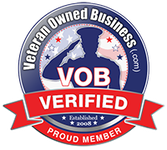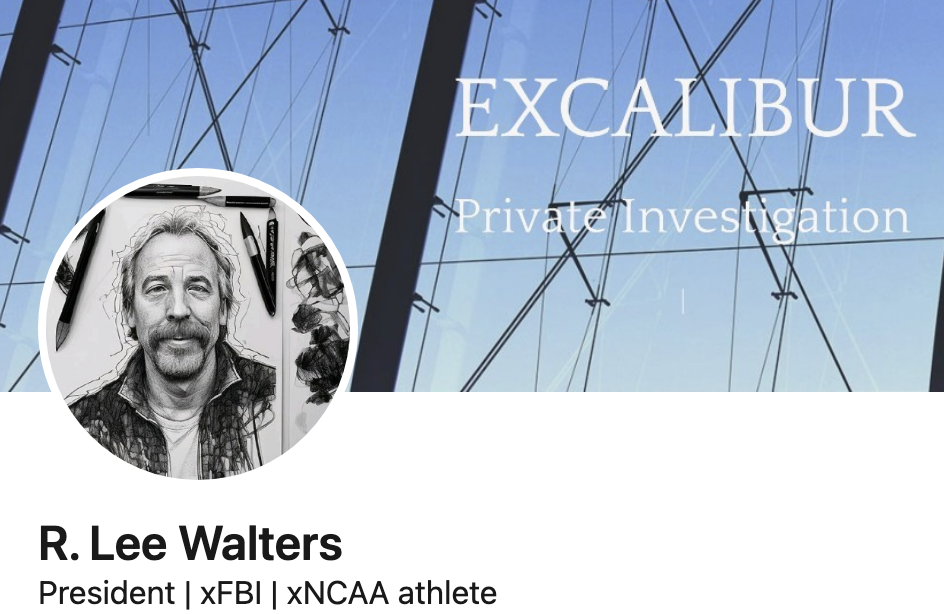Family Discounts
This is exactly what you think it is. It usually involves an employee giving a discount to their family or friends by using their discount code if they have one. Alternatively they can provide products or services to a family member or friend, act as if they are legitimately ringing up the sale, and then zero out the sale at the register during, or after the "sale" is completed. It's estimated that this kind of theft costs businesses over $100 billion a year. You read that right, $100 billion a year. And you and I are paying for this theft in the increased cost of items. Don't ever forget that. This is far from a victimless crime!
Gift Cards
This one you have to be on the lookout for as an owner or honest manager as you'll have to rely on your customers to bring this to your attention. It works like this. A customer brings in a gift card that has an amount left on it, they've usually used it before, but isn't quite sure how much. A dishonest employee can easily scan the card and tell the customer that it has nothing left on it. Most times a trusting customer is going to take their word for it. The employee then pockets the card and spends it at a different location. Sneaky!!!!
Cash in the Pocket
This one involves an employee, usually working alone, taking the opportunity anytime a customer pays with cash to enrich themselves. This theft involves the employee acting like they are ringing up the sale, even going as far as scanning the item and producing a receipt for the customer, only to go back and process a return or an immediate refund so that it looks like the customer bought something and then quickly changed their mind. The way to catch this one is by making sure you're checking the daily receipts, EVERY DAY!!!
Under Ringing
This one is usually used in conjunction with family or friends. The employee basically doesn't ring up everything that they place in the bag, "gifting" an item or two to the friend or family member. You can catch this one by reviewing security camera footage or by frequent inventory, but taking inventory is only going to show you're missing an item(s) and not why.
Theft of Products
Just like it sounds, this one involves an employee taking items from stock and not paying for them. It can be a simple as placing an item in a purse or backpack and walking out or, in the case of a restaurant, eating food that hasn't been paid for.
Phantom Company Theft
This is one we've seen a lot of and which can cost an owner their business. Literally! It happens when an owner places too much trust in one employee. You know, the employee who never takes a vacation, arrives early and stays late, and is more than happy to make sure all the bills are paid on time relieving the business owner of that hassle. The thing they are relieving the business owner of is their hard-earned money!!!! This theft takes time to put into place but involves the employee writing checks on the bank account to dummy companies they set up accounts for. The real sophisticated ones will produce dummy invoices to match up with the checks they are sending out all for their own benefit. If you don't take anything else from this article remember this. Always have checks and balances in place so that one employee alone doesn't have total control over the books and check writing. Make sure to reconcile the checks going out and the invoices that those checks are paying. It very well could be that those checks are circling back to your "trusted employee's" back pocket. Make sure EVERY employee takes time off and vacation. We've seen cases where an employee hasn't taken time off or vacation for 5-6 years, and when that employee was sick or absolutely had to be away from work, it was discovered that they'd been embezzling from the company for years.
Think you may have an employee theft problem? Call our Colorado Springs-based professional private investigators to see how we can help you identify the problem and provide a solution.


 RSS Feed
RSS Feed













